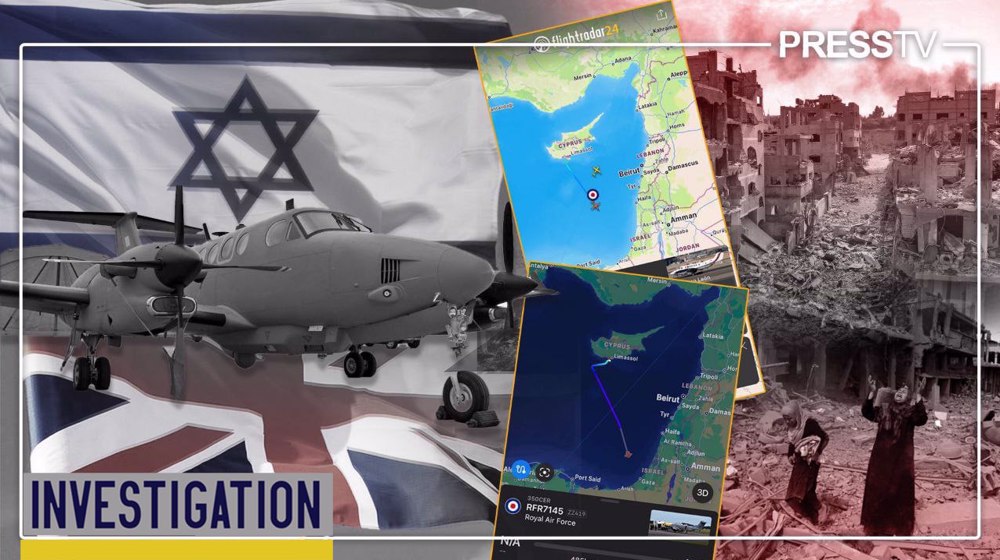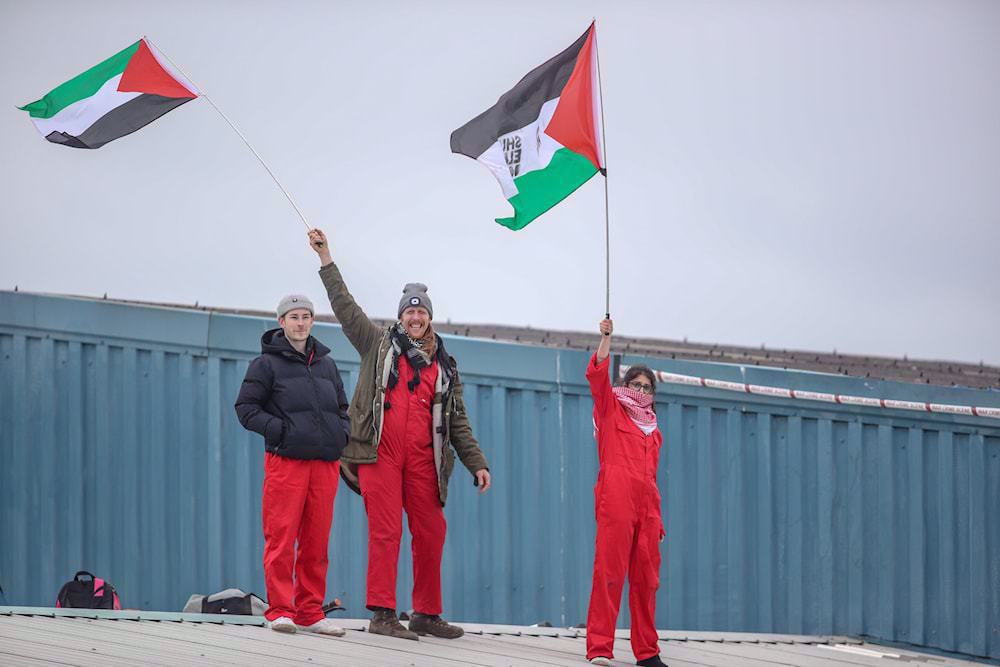UK Navy ship due in Libyan waters
The United Kingdom is all set to send a naval warship into Libyan waters in an effort to curb the trafficking of people and arms there, officials say.
Speaking from the G7 summit in Japan, a British government spokesman said Prime Minister David Cameron on Thursday focused on making an intervention on the refugee boats in the Mediterranean and how to tackle the issue.
Britain has already sent four vessels along with NATO to monitor the waters off Libya.
Cameron argued in March that he wanted to extend the UK intervention closer to the Libyan coast.
The new deployment will be able to enter Libyan waters with UN approval, according to the Guardian.
The unnamed official said the warship will help “intercept boats off the coast, both those carrying migrants and those carrying arms.”
“We will now take an active leadership role in that process. Four military planners have deployed to Rome this week to the HQ of Operation Sophia, the naval mission in the Med, where they will work with other EU colleagues to agree a plan going forward for the Libyan coastguard,” he said.
“Once that is established we will then send a training team to assist the Libyan authorities in improving their coastguard maritime operations. Then, once the relevant UN security resolutions are in place, we intend to deploy a navy warship to the region to assist in the interception of arms and human smuggling.”
Last month, British Foreign Secretary Philip Hammond suggested the UK could use military force in Libya to help legitimate Libyan authorities bring the security situation in the country under control.
Hammond said the UK would consider military airstrikes and naval support for a Libyan-led attack on Daesh (ISIL) militants in Sirte.
Daesh took control of Libya’s northern port city of Sirte in June 2015, making it the first city to be governed by the Takfiri militant group outside of Iraq and Syria.
The terrorist group has taken advantage of the chaos in the North African state, boosting its presence in the violence-wracked country and recruiting militants from among members of local tribes, as well as enlisting former military personnel belonging to the ousted Muammar Gaddafi regime.
Since August 2014, when militias seized the capital city, Tripoli, Libya has been divided between two governments; one is run by the rebels in the capital and the other, which is internationally-recognized, is stationed in the far eastern Libyan city of Tobruk.
Libya’s rival factions in January announced the formation of a unity government as part of an UN-brokered peace deal aimed at stemming the ongoing chaos in the country. Violence, however, continues to grip the nation and there is no sign of let-up in militant attacks there.
‘All wars have rules. All of those rules have been broken’ by Israel
VIDEO | Report flags India’s violation of rights of Rohingya detainees
Turkey's foreign minister meets Syria's de facto leader in Damascus
'Next to impossible' to rescue patients from Gaza's Kamal Adwan Hospital: Director
VIDEO | Vietnam current prosperity
Report blames gasoil exports for shortage at Iranian power plants
VIDEO | Hind Rajab Foundation names Israeli war criminals vacationing after Gaza genocide
VIDEO | Australians rally for Gaza ahead of Christmas festivities










 This makes it easy to access the Press TV website
This makes it easy to access the Press TV website